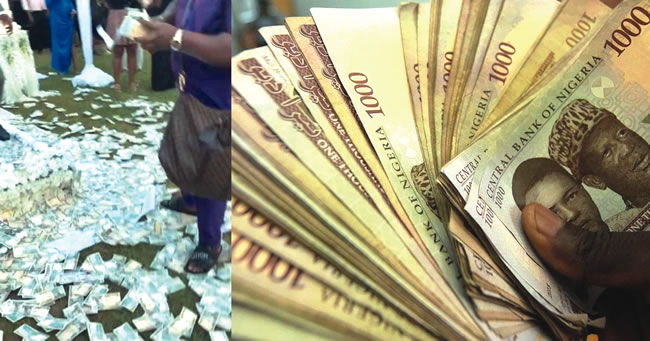In response to the imprisonment of Idris Olarewaju Okuneye, also known as Bobrisky, for abusing the naira, Saving Point Media provides a list of nine actions involving the naira that could lead to legal consequences.
Justice Abimbola Awogboro emphasized that Bobrisky’s sentencing serves as a deterrent to others engaging in similar acts of naira abuse.
The Central Bank of Nigeria’s Clean Notes Policy aims to enhance the visual appeal and durability of banknotes in circulation, ensuring they maintain high quality and are readily accepted by the public.
Related News: Bobrisky Admits Male Identity, Sentenced to Six Months in Prison for Naira Abuse
Outlined below are actions considered as naira abuse:
- Spraying: It is illegal to spray banknotes at events.
- Writing: Writing on banknotes is prohibited by law.
- Stapling: Stapling banknotes is forbidden due to the potential for corrosion caused by the pins.
- Tearing: Tearing banknotes is also illegal.
- Dancing or stamping on naira: This action is prohibited as it can deface the banknotes.
- Selling: Selling currency banknotes is illegal.
- Mutilation: Tampering with naira notes carries legal consequences, as outlined in the CBN Act Section 21.
- Rejecting the naira: Refusing to accept naira currency is strictly prohibited by law (Section 20, Subsection 5).
- Money bouquets: The CBN has identified money bouquets as a form of naira abuse.
Bobrisky’s sentencing echoes a similar incident in February 2024, where actress Oluwadarasimi Omoseyin was convicted and sentenced to six months in prison for defacing naira notes by spraying and stepping on them at a social event in Lagos.
Related News: Bobrisky Pleads Guilty, Faces Sentencing for Naira Notes Offense


